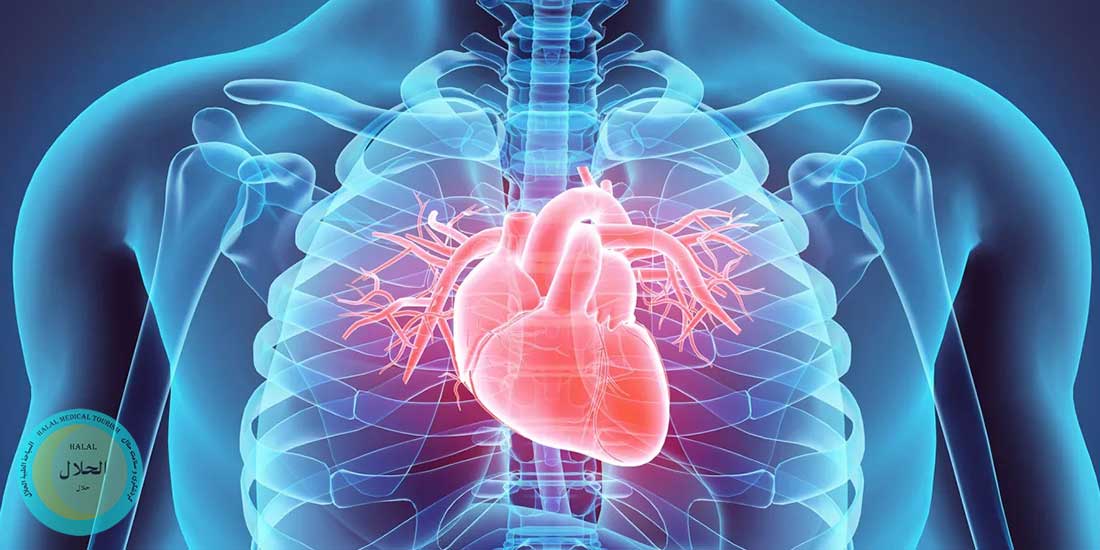Heart transplant surgery is a medical procedure performed to replace a diseased or failing heart with a healthy donor heart. This procedure is typically reserved for individuals with end-stage heart failure, where other treatments have proven ineffective. Heart transplantation is a complex and life-saving intervention, and it involves several key steps:
- Evaluation and Selection: Before a heart transplant, the patient undergoes a thorough evaluation to determine their eligibility for the procedure. This assessment includes medical history, physical examinations, blood tests, imaging studies, and psychological evaluations. The goal is to ensure that the potential recipient is a suitable candidate and can benefit from the transplant.
- Waiting for a Donor: Once approved for a heart transplant, the patient is placed on a waiting list for a suitable donor heart. The matching process considers factors such as blood type, body size, and tissue compatibility to minimize the risk of rejection.
- Donor Heart Procurement: When a suitable donor heart becomes available, a surgical team is dispatched to procure the heart. The donor heart is carefully removed while preserving its function for transplantation.
- Recipient Surgery: The recipient is prepared for surgery by administering anesthesia. The surgeon then performs an incision (typically a sternotomy) to access the chest. The diseased heart is removed, and the donor heart is connected, with great care taken to attach blood vessels and ensure proper function.
- Recovery and Postoperative Care: After the heart transplant surgery, the patient is closely monitored in the intensive care unit (ICU) for an initial period. Immunosuppressive medications are administered to prevent rejection of the donor heart. The recovery process involves a gradual return to normal activities, and patients often undergo cardiac rehabilitation.
- Immunosuppression: To prevent the recipient’s immune system from attacking the transplanted heart, lifelong immunosuppressive medications are prescribed. These drugs suppress the immune response and help prevent rejection, but they also increase the risk of infections and other complications.
Heart transplantation can significantly improve the quality of life and extend survival for patients with end-stage heart failure. However, it is a complex procedure associated with potential risks and challenges, including the risk of rejection, infections, and side effects from immunosuppressive medications.
The success of heart transplantation depends on careful donor-recipient matching, advancements in surgical techniques, and ongoing medical management. Regular follow-up with a transplant team is crucial to monitor the health of the transplanted heart and manage any potential complications.
